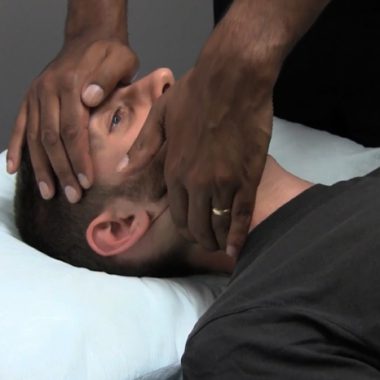New NICE guidance may delay cancer diagnoses, study finds

Current NICE guidance on two-week wait referrals for suspected cancer of the head and neck may cause delayed diagnoses, a study has found.
The updated suspected cancer guidelines (NG12), produced by NICE in June of last year, state that under certain criteria, GPs should refer patients for assessment by a dentist rather than directly to the two-week wait pathway.
Researchers at Leicester Royal Infirmary found that although this could reduce the burden on cancer diagnostic services, one in nine patients may have a cancer diagnosis delayed under the new guidance.
In a retrospective audit, they looked at how many patients who received a two week wait referral fit the NG12 criteria. It was found that 33 patients fit the NG12 guidance and nine of those were eligible to be referred for initial assessment by a dentist. One of the nine patients went on to be diagnosed with cancer.
The paper, published in the British Journal of Oral and Maxillofacial Surgery, said: ‘If the population was reflected by our findings, one in nine patients would have their diagnoses delayed.’
But they acknowledged that larger studies will need to be conducted to see if this figure holds true.
The paper added that there is no guidance on appropriate referral in the event that a patient does not have a dentist, and that data suggested men, people who are older, or have lower socioeconomic status were most likely to be disadvantaged by this. It noted that this is ‘the same groups at greatest risk of developing oral cancer’.
The study concluded: ‘Our data combined with the epidemiological evidence, the lack of access to primary dental care, and a quality-assessed referral pathway between providers of primary care means the current guidance has the potential for more delays than the one it has replaced.’
The findings of the new study follow warnings earlier this year from surgeons at the British Association of Oral and Maxillofacial Surgeons (BAOMS) that this was the case.
At the time, NICE denied the claims, arguing that its guidelines were supported by the latest evidence. A spokesperson declined to comment on the new study.
Visit Pulse Reference for details on 140 symptoms, including easily searchable symptoms and categories, offering you a free platform to check symptoms and receive potential diagnoses during consultations.









